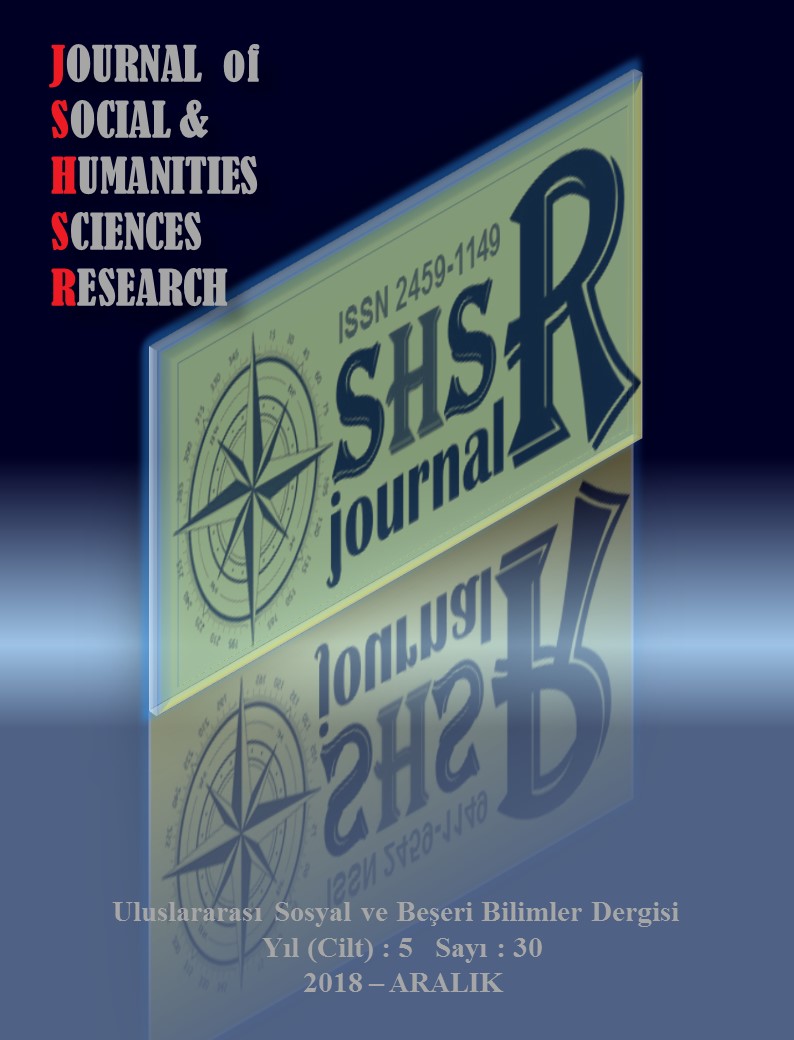RELATIONSHIP BETWEEN HUMAN CAPITAL AND ECONOMIC GROWTH IN TURKEY AND BRICS COUNTRIES
DOI:
https://doi.org/10.26450/jshsr.899Keywords:
Human Capital, Economic Growth, Turkey, BRICS Countries, Panel Data AnalysisAbstract
The importance of human capital increases day by day. Human capital is the sum of knowledge, skills, capabilities and competences used in productive activities for the benefit of individuals, institutions and society that individuals acquire throughout their lives and participate in formal and informal education and training. Human capital investments, together with the overflow-spill effect, increase both human and physical capital investments, thus positively impacting economic growth. In addition, human capital provides the production of technological and scientific knowledge, and helps the emergence of new products and new ideas in the technological process. Education is an important factor that plays a primary role in the formation of human capital. The aim of this study is to analize the relationship human capital and economic growth between in Turkey and BRICS countries for 1995-2014 periods. Within the scope of the analysis, it was tested whether there is horizontal section dependency between the panel forming variables and the model. Then it was applied second generation Hadri-Kurozumi unit root test considering horizontal section depency. The causality relationship between the variables was analyzed using the Konya (2006) causality test. The results of the analysis show that there is horizontal section dependency in the variables and model. In the causality test of Konya (2006), it is seen that there is a causality relation between education expenditures and economic growth in China and Russia. There is a causality relationship between per capita fixed capital investment and economic growth in Russia
Downloads
Published
How to Cite
Issue
Section
License
Copyright (c) 2018 INTERNATIONAL JOURNAL OF SOCIAL HUMANITIES SCIENCES RESEARCH

This work is licensed under a Creative Commons Attribution 4.0 International License.


